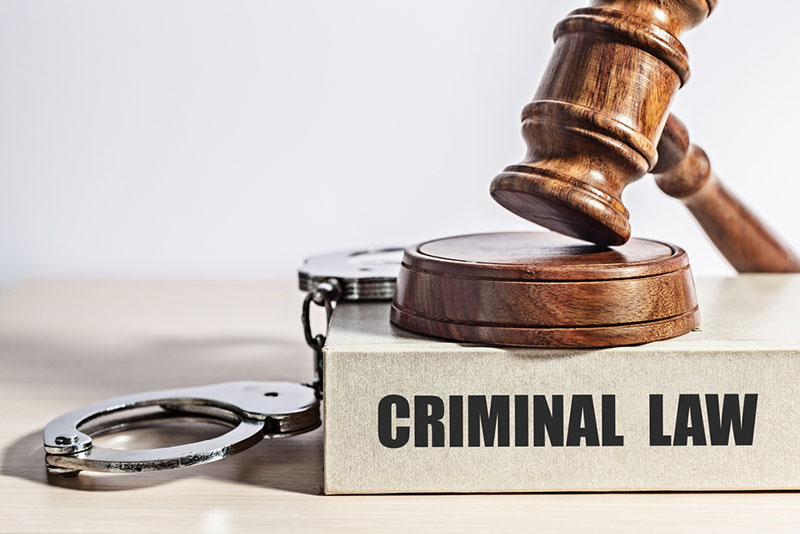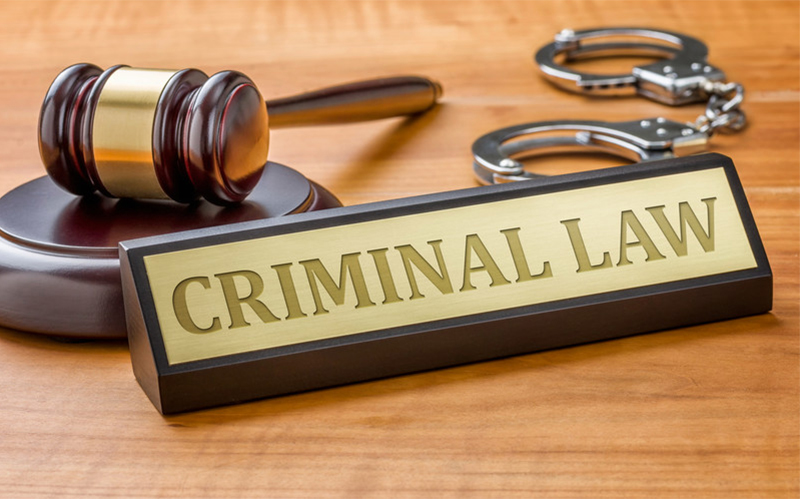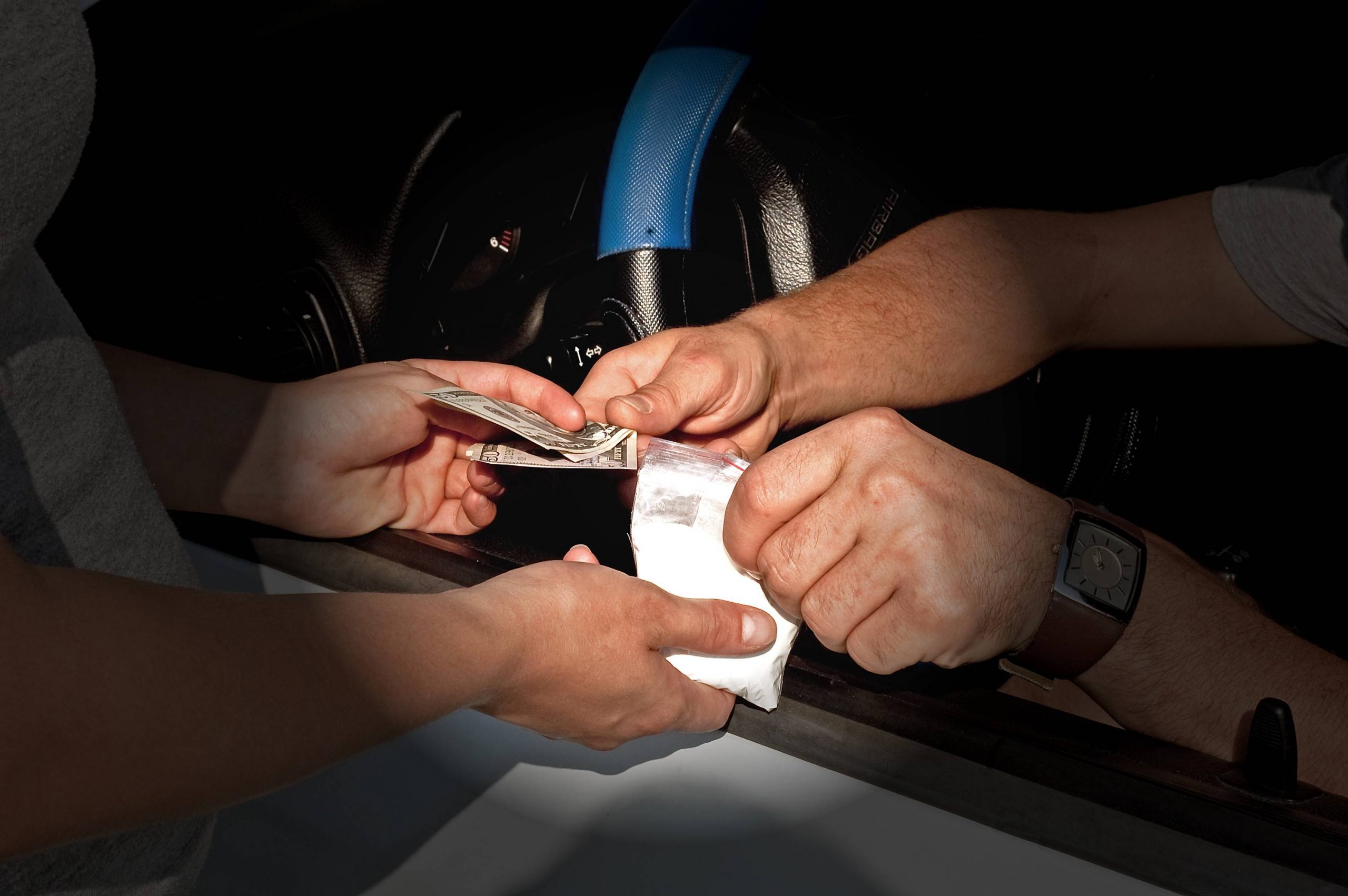
Criminal Laws in Maryland
May 5, 2023You may not know this, but there are several criminal laws in Maryland that affect the rights of the people. You can learn about the penalties for committing 3rd degree burglary, soliciting or conspiring to commit first-degree murder, advertising the distribution of paraphernalia, driving under the influence of drugs and alcohol, and more.
Penalties for 3rd degree burglary
Burglary is a crime that is punishable by a variety of penalties. Maryland has several different offenses that fall under the category of third-degree burglary. A burglar can be guilty of burglary with a destructive device if they use a weapon during the offense. This weapon may be anything from an explosive or incendiary device to a flamethrower. Burglary with a destructive device also carries a felony charge, and the defendant can face up to 20 years in prison.
Burglary is a crime that involves breaking into a dwelling, which means a home, apartment, or mobile home. The breaking-and-entering doesn’t necessarily occur during the night when people are sleeping. Likewise, the dwelling does not have to be occupied at the time. If the dwelling is vacant, the perpetrator can be convicted of third-degree burglary.
Penalties for soliciting or conspiring to commit first-degree murder
There are a number of different ways to commit a crime that carries the potential for a long prison sentence. One way is through soliciting someone to commit a crime for you. Maryland has laws that make soliciting a crime a felony, and a conviction could carry a life sentence. Another way is through a contract. Depending on the circumstances, this could mean anything from hiring someone to kill someone for money. In some cases, the person committing the murder might be a member of the same gang. This could be a situation where the gang leader instructs a member to commit a crime, such as ordering a murder.
First-degree murder is a crime that requires malice aforethought, which is a deliberate, willful act. Malice aforethought also includes a lack of justification, excuse, or mitigating circumstances. Maryland’s first-degree murder law requires a person to have malice in his or her mind when committing a homicide. Conspiring to commit a crime is a different story. Conspiracy requires more than two people to have specific intent, and does not necessarily require premeditation. It also does not require formal agreement or planning in advance, but it does require a specific intent.
Penalties for advertising the distribution of paraphernalia
In Maryland, distributing drug paraphernalia remains a serious crime. While the punishment for possession of paraphernalia is relatively small, the penalties for selling or advertising the distribution of the drug are still severe. The first offense carries a $500 fine and up to two years in jail. Subsequent offenses carry up to a $2,000 fine. The same applies to selling or advertising marijuana paraphernalia.
During the special legislative session in December, Maryland’s Democratic delegation chose not to pass a bill that would decriminalize the distribution of drug paraphernalia. The bill passed the Senate but was vetoed by Republican Gov. Larry Hogan. State Senate President Bill Ferguson said Democrats would not try to overturn the veto.
Penalties for driving while impaired by alcohol or drugs
If you are caught driving while under the influence of alcohol or drugs, you could face stiff penalties. You could be fined up to $2000 and spend up to 180 days in jail, or even lose your license for 180 days. In some cases, a court may exempt you from this requirement if you are unable to pay the fine or if you are experiencing financial hardship.
Depending on the jurisdiction, penalties for driving while impaired by alcohol or drugs vary. Most states use a combination of fines and driver’s license suspensions. Many jurisdictions also hold people responsible for any injuries they cause while driving under the influence of drugs or alcohol.
Penalties for texting while driving
The Maryland legislature has enacted a new law that prohibits drivers from texting and using handheld cell phones while driving. This law takes effect October 1, 2013 and is designed to decrease distracted driving accidents. Drivers who use their handheld devices while driving are subject to an instant $75 fine and one point on their license.
Maryland drivers can face a fine of up to $100 for texting while driving. This penalty is only applicable to drivers aged 18 and older. Drivers under 18 are allowed to use a hands-free device to make or receive phone calls, but they cannot use a handheld device while driving.


